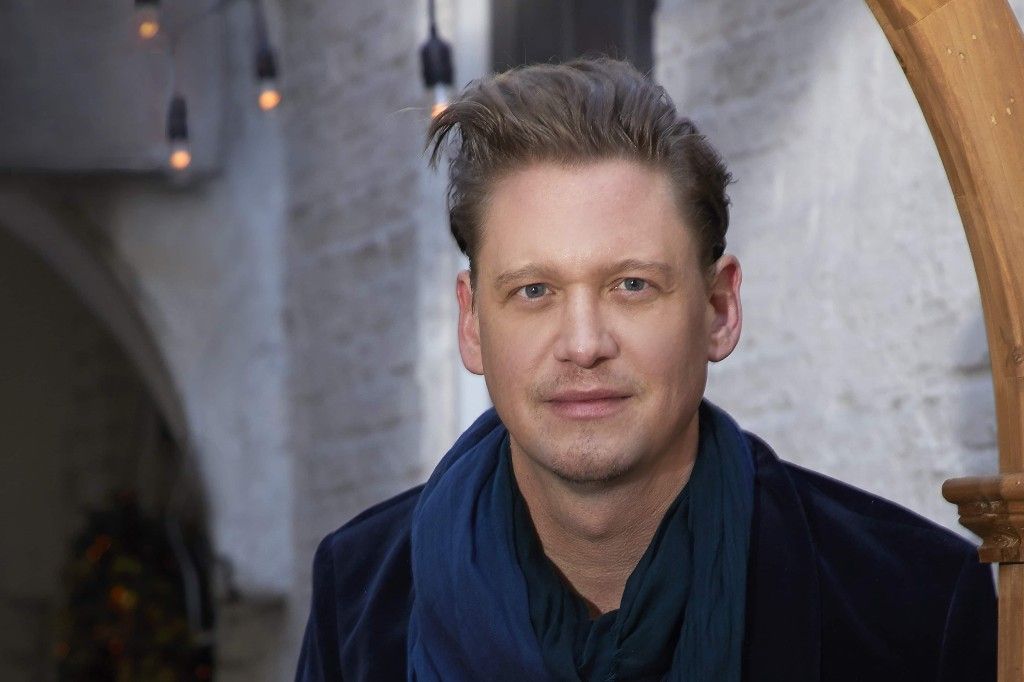Welcome to “Harmonia Uncut;” the podcast that brings you modern performances of old music. I’m Wendy Gillespie. From June 23 – July 16 2017, the Indianapolis Early Music Festival celebrated its 51st season at the Eugene and Marilyn Glick Indiana History Center. The opening concert of the festival was entitled “The People’s Purcell,” in which the ensemble La Nef from Montréal presented some of Henry Purcell’s most beloved songs, treating some with, as their program note describes it, “a certain freedom” and leaving other pieces “untouched.”
The concert opened with “Come all ye songsters of the sky,” from The Fairy Queen. The song may well sound familiar to Purcell fans, though they may not quite be able to place it, possibly because it is usually sung by a soprano, or possibly something to do with the realization of the bass line…see what you think:
Tr. 1 Come all ye songsters (2:43)
That was the first thing heard by audiences at the Indianapolis Early Music Festival at its opening concert of 2017. Some were, to put it mildly, surprised. Michael Slattery was the singer, performing with members of La Nef, an ensemble of seven players who perform not only early music, but also world, contemporary and experimental music. In fact, shruti box and nyckelharpa are, interestingly, included in the instrumentarium for this program.
The concert continued with more well-known songs and dances of Purcell, whose King Arthur popped up several times. The first time was for the famous Cold Song. Music has always been adapted by the people playing or singing it to their own abilities and inspiration, that’s a legitimate historically informed idea that the performers consider essential to their interpretation. Here the instrumentalists of La Nef paint the set before the singer begins, and once he is finished, they burst into a series of dances made idiomatic for their instruments.
You’ll at least agree that La Nef is not short of rhythmic energy!
Tr 5 & 6: chat + What power art thou? The Cold Song from King Arthur c. 11:05
There will be those who object to the ensemble’s aim of intertwining familiarity and freshness, perhaps others who object to the result of their freshness on the music, and yet the performers clearly respect and understand both their original models and the flexibility that is surely a watchword of historical performance of any period.
Toward the end of the program, another well-known song from King Arthur, again usually heard sung by a higher voice, is positively crooned by Michael Slattery (and I mean that in a good way!)
Tr. 14 Fairest Isle c.5:40
Would one word to describe the performance possibly be “seductive?” “Evocative?” Is this early music? Is it historical performance? (Does it matter?) Discuss…
The members of La Nef in this 2017 concert were Sylvain Bergeron, Seán (Shawn) Dagher, Grégoire Jeay (Zhay), Alex Kehler, Amanda Keesmaat, Tanya Lapetrière and Elin Soderstrom. We heard excerpts from “The People’s Purcell” with Michael Slattery, tenor, at the Indianapolis Early Music Festival’s opening concert of 2017. Many thanks to Mark Cudek for providing access to the recording of this performance.
We’d be interested to hear what you think about anything you’ve heard on this podcast. You can find Harmonia on Facebook or leave a comment or question any time by visiting harmonia early music dot org. This has been the Harmonia Uncut podcast, and I’m WG, thanks joining me!










